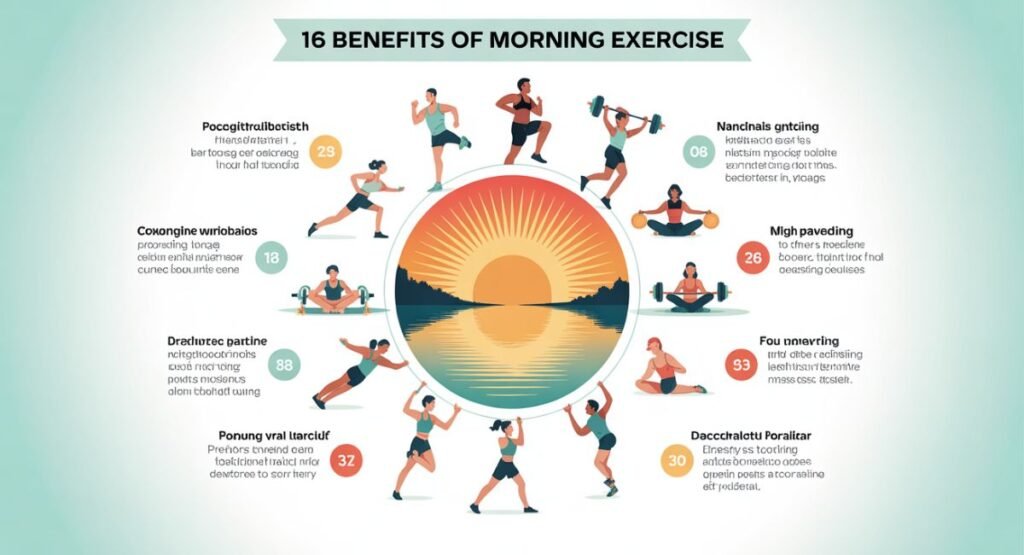Introduction of oversleeping
Sleep is a natural process that is crucial for the human body and mind. It helps to eliminate physical fatigue, refresh the mind, and strengthen the immune system. However, oversleeping, that is, excessive sleep, has various negative effects on human health. While less sleep is harmful, more sleep can also cause various physical, mental, and social problems. In this article, we will explain the disadvantages of too much sleep in detail and examine its effects from different perspectives.

Effects on physical health
Excessive sleep causes many types of harm to physical health.
A) Obesity
People who sleep too much have reduced physical activity, which increases their weight rapidly. Research has shown that people who sleep 9 hours or more per day may have double the risk of obesity.
b) Heart disease
Excessive sleep hurts heart rate, blood pressure, and cholesterol levels. According to medical research, people who sleep 9 to 10 hours a day have an increased risk of heart disease and heart attack.
c) Risk of diabetes
Excessive sleep affects the body’s sensitivity to insulin, which increases the risk of type 2 diabetes.
d) Headaches and physical pain
Excessive sleep affects the balance of neurotransmitters in the brain, due to which most people experience headaches or physical pain.
Effects on mental health
Excessive sleep can also be dangerous for mental health.
a) Mental sluggishness
Excessive sleep affects the agility and speed of the brain. Such people feel sluggish, bored, and inactive, which affects their daily lives.
b) Depression
Research has proven that there is a close relationship between excessive sleep and depression. People who sleep too much often suffer from depression and anxiety.
c) Memory impairment
Excessive sleep slows down brain cells, which results in memory loss and impaired learning ability.
Negative effects on sleep patterns
Excessive sleep disrupts the natural sleep cycle. Sleep and wake times become irregular, which leads to:
Sleep comes at an irregular time.
No sleep at night
Drowsiness persists during the day.
The physical system deteriorates
Effects on social and professional life
Excessive sleep not only hurts health but also a person’s social and professional life.
a) Waste of time
Excessive sleep deprives a person of valuable time. Such people spend a large part of the day sleeping, due to which they fall behind in their goals.
b) Laziness in work
People who sleep too much are often irresponsible and slow in their work. They are unable to complete work on time, and their performance is affected.
c) Problems in relationships
Excessive sleep can make a person lonely and disconnected. He has less interaction with family, friends, and colleagues, which can weaken relationships.
Symptoms of excessive sleep
The following symptoms can be seen in people who sleep too much:
Laziness and fatigue throughout the day
Brain fog
Headaches
Irritability in mood
Loss of interest in work

Effects on children and adolescents
Although children need more sleep than adults, excessive sleep can hinder their development. Such as:
Decrease in physical activity
Disinterest in studies
Learning difficulties
Distortion in social behaviors
Excessive sleep in old age
Excessive sleep in older people may be an indication of signs of aging or other diseases. In such people:
Risk of dementia Decreased social connections Weakened mental performance
Causes of excessive sleep
Many times, excessive sleep can also be the result of an illness or mental stress, for example:
Sleep disorders such as sleep disorders Depression or anxiety Side effects of medications Thyroid or hormone disorders
How to maintain balance?
The following methods can be useful to avoid excessive sleep:
Set a bedtime and wake time. Avoid napping during the day. Limit the use of mobile devices or screens before bed. Increase physical activity.
Expert opinion
According to experts, 7 to 8 hours of sleep per day is sufficient for adults. Sleeping less or more than this can be harmful to health. Various scientific research institutions agree that moderation in sleep is essential for human health.
Conclusion
Sleep is a blessing from Allah Almighty, but every blessing should be used in moderation. Excessive sleep adversely affects the human body, mind, social life, and work performance. Obesity, heart disease, depression, wasting time, and other problems are common consequences. If we want to live a healthy and successful life, we have to balance sleep, neither sleeping too little nor too much.



